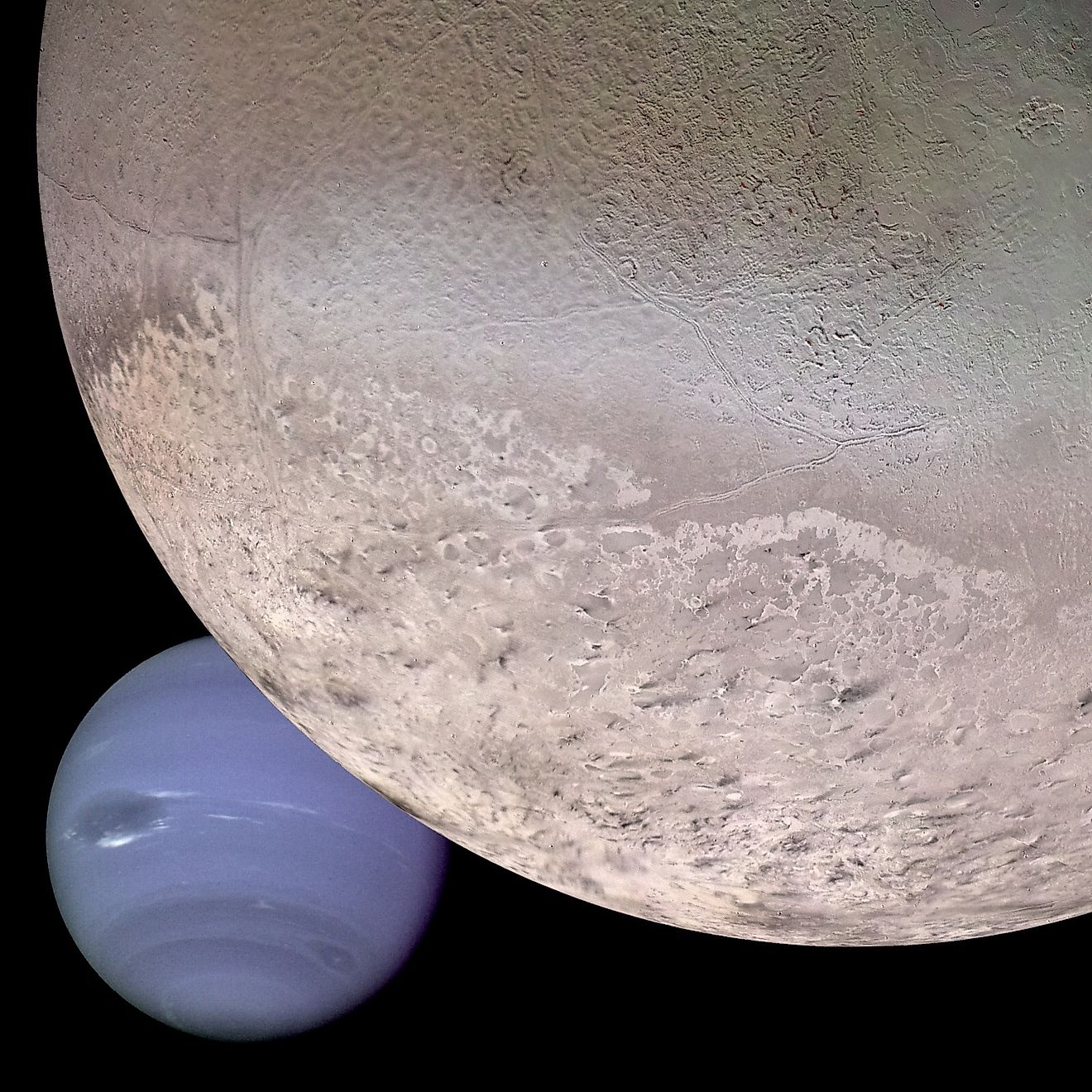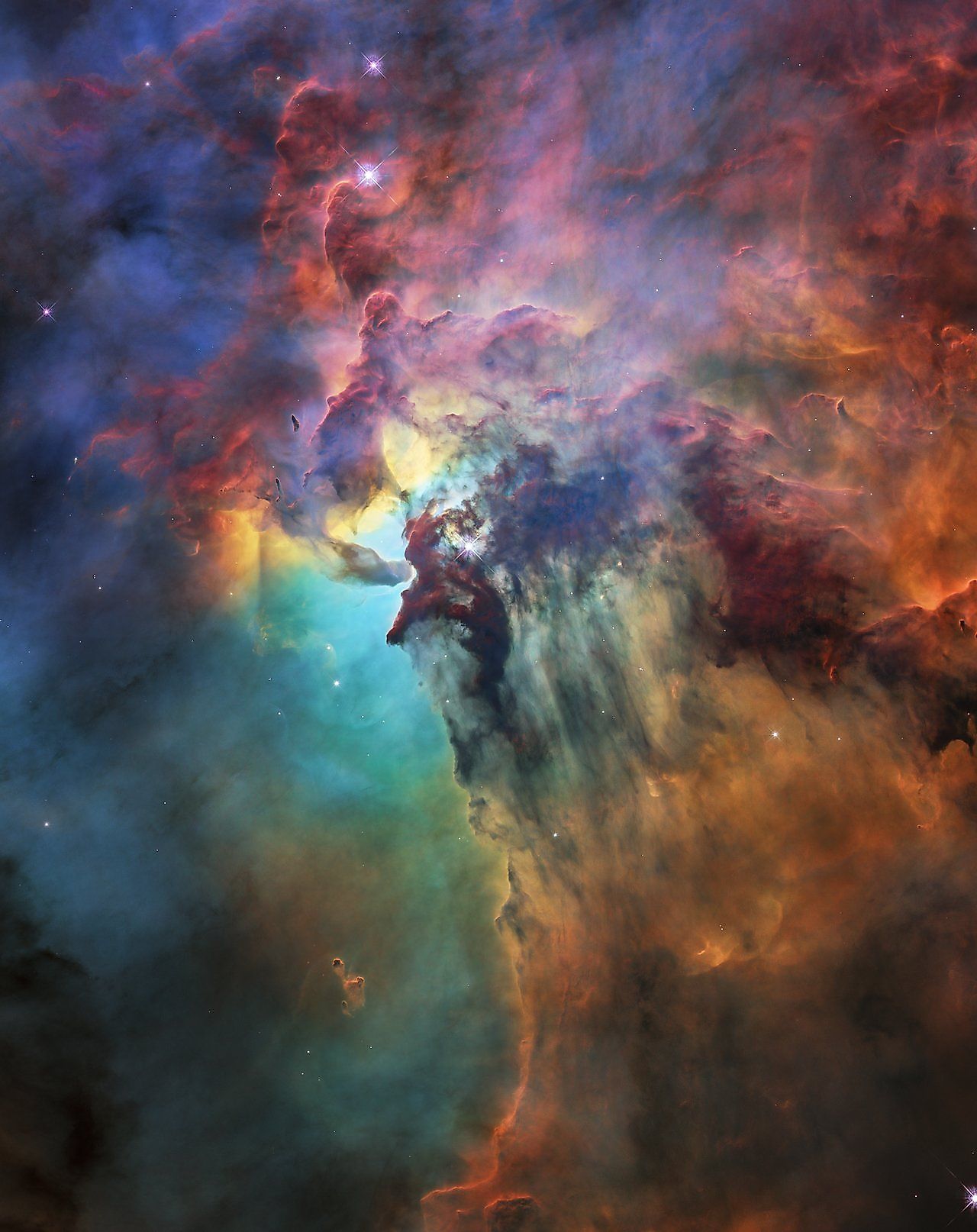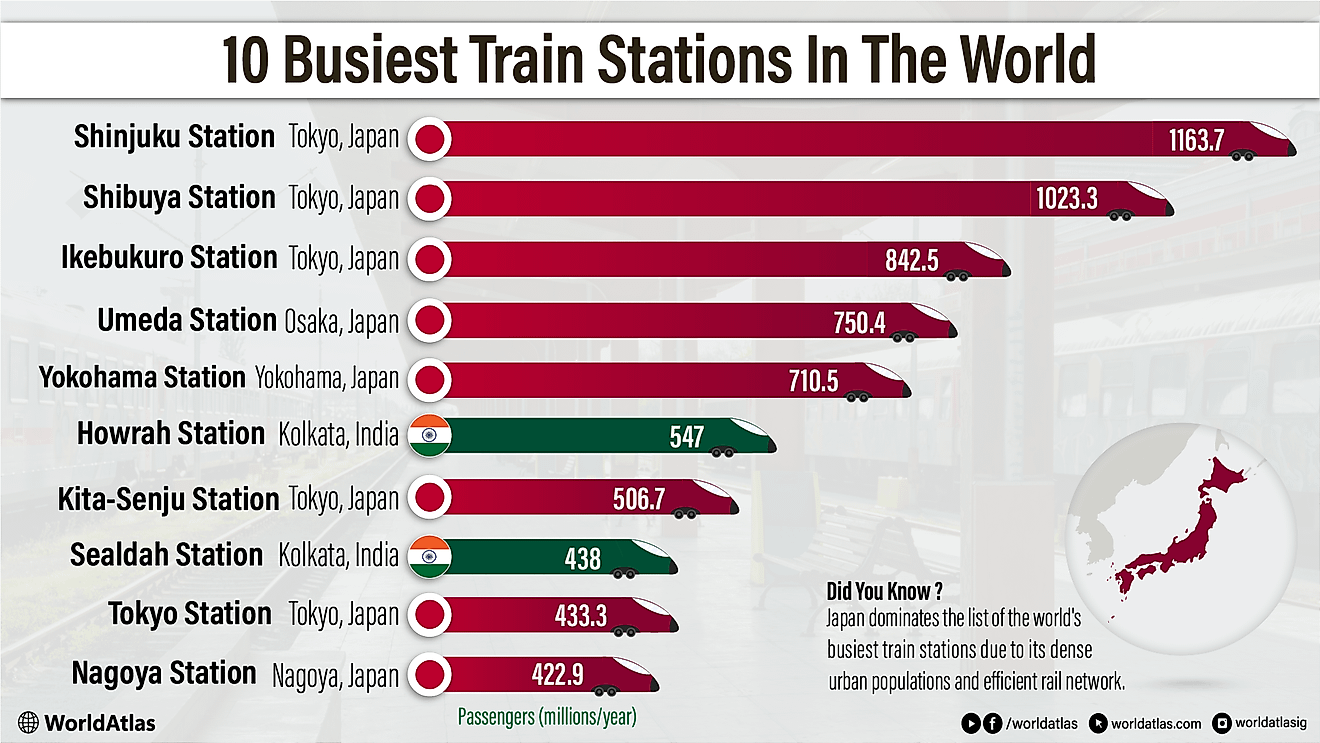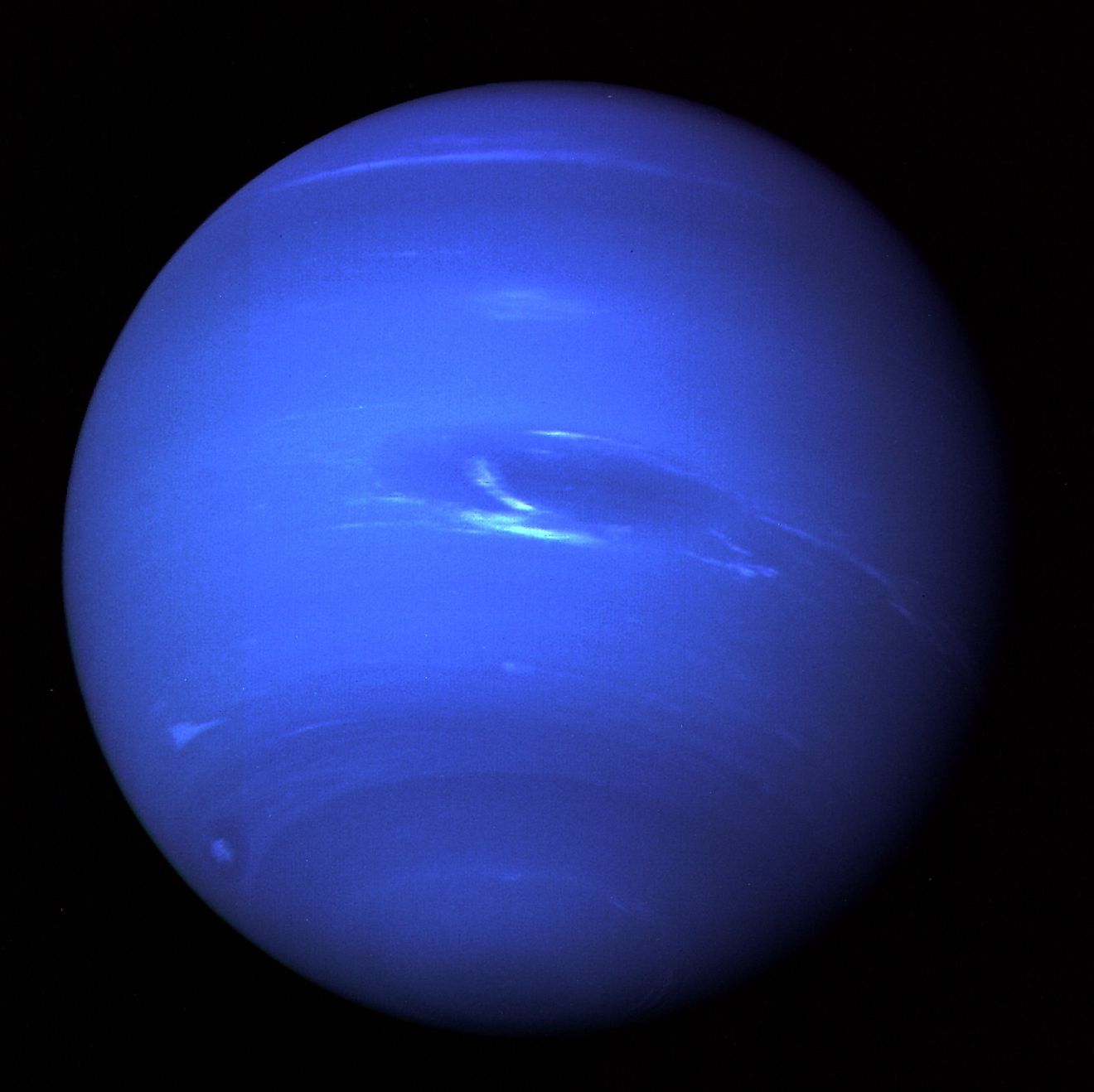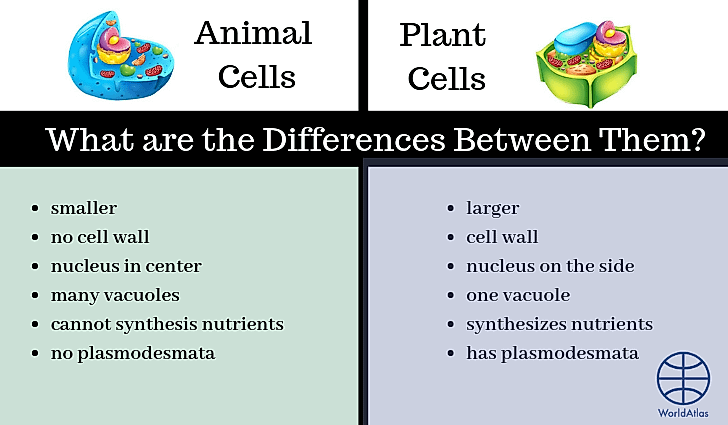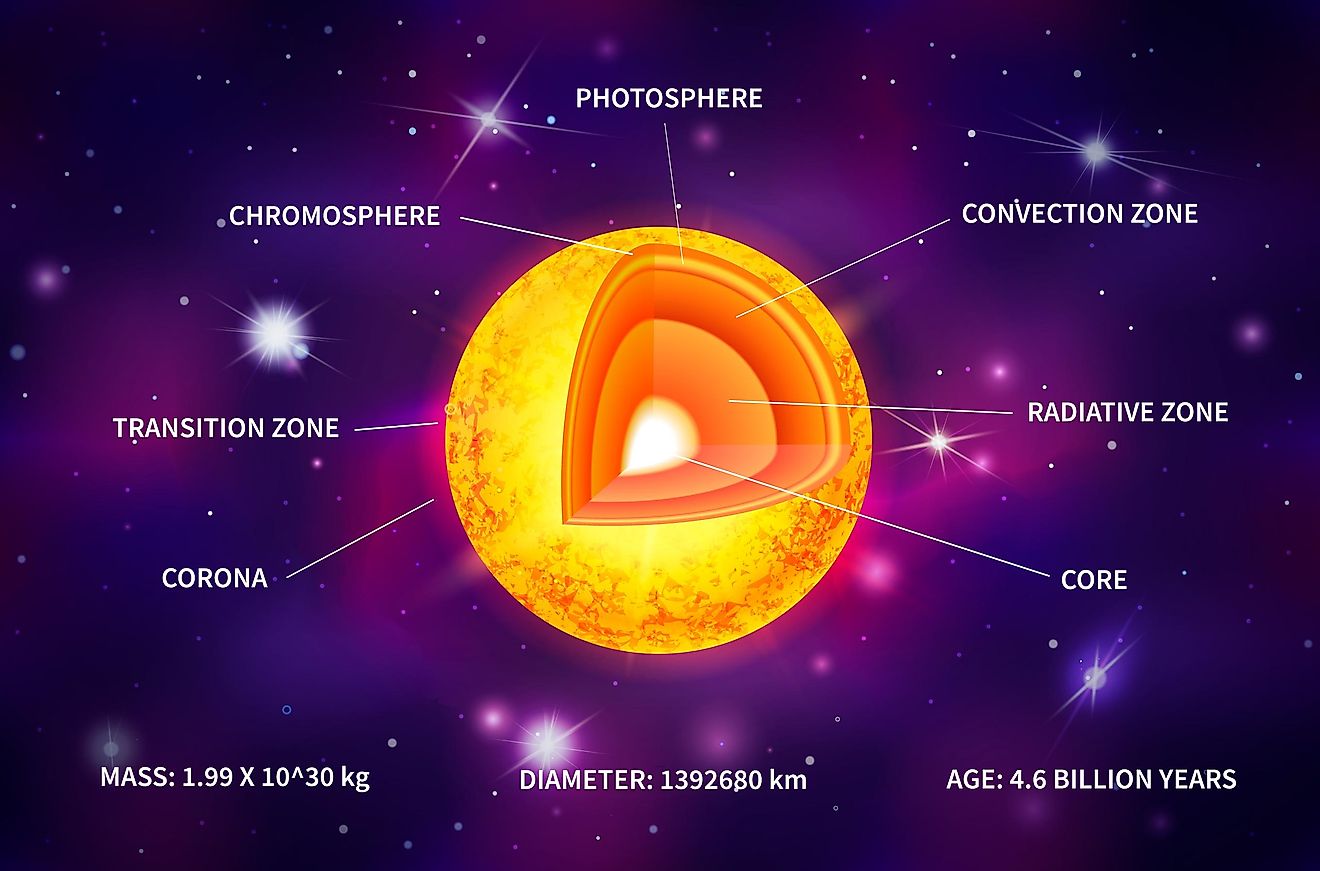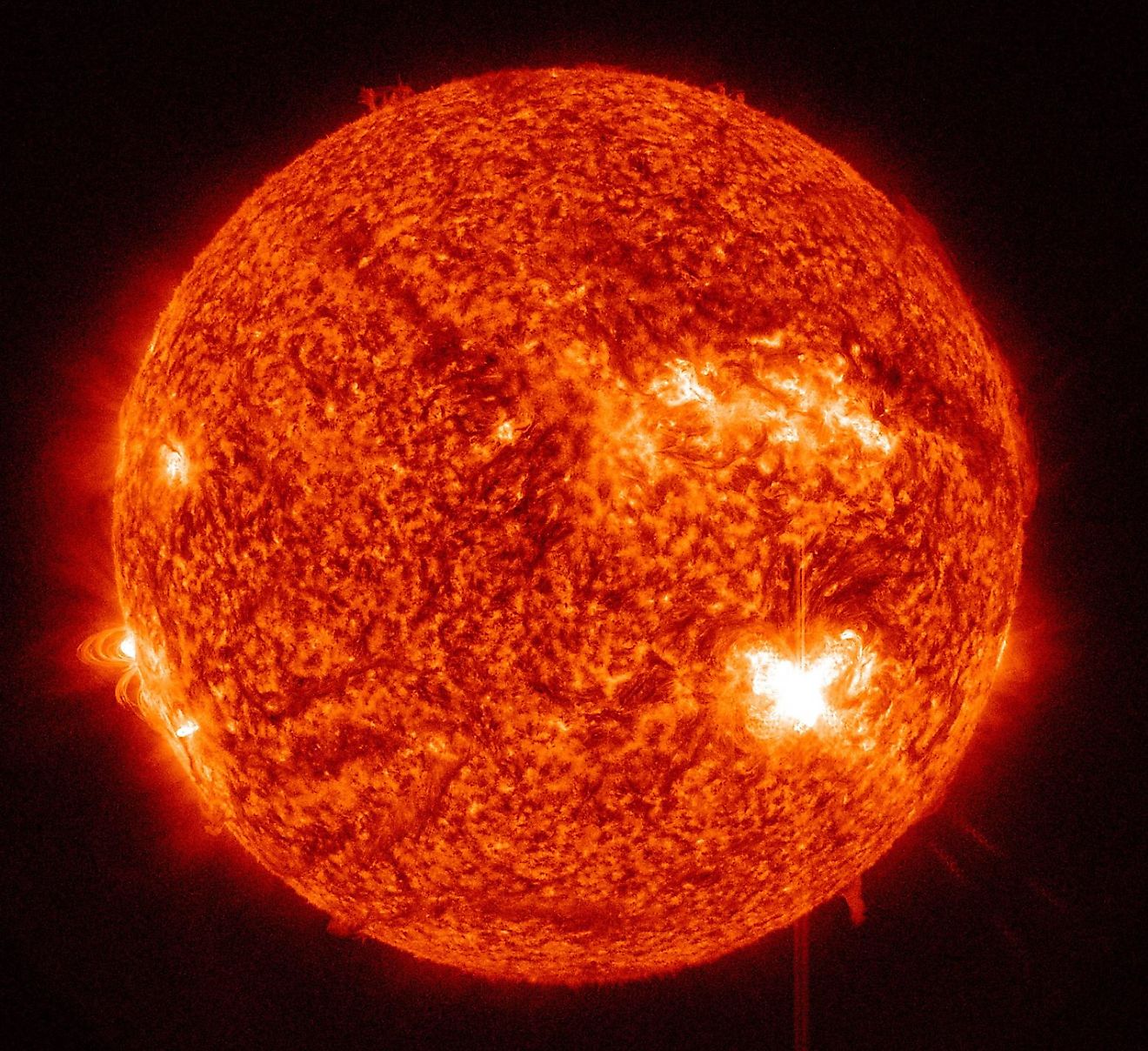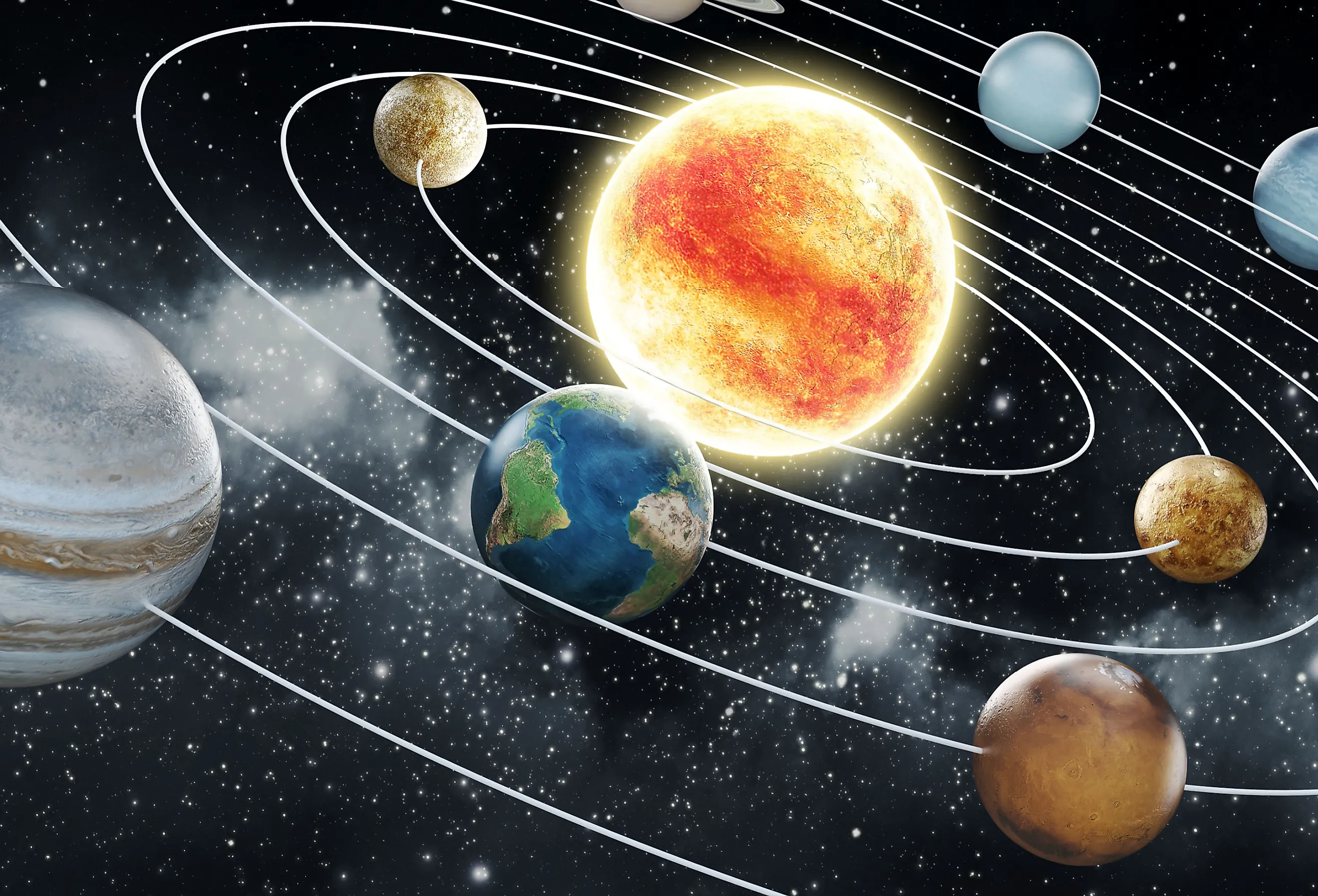
What is the Heaviest Planet in the Solar System?
Our solar system is home to eight different planets, all of which vary in size, mass, and density. Of these eight planets, which is the heaviest? First, what do we mean by heavy? Heavy could be a measure of a planet’s mass and gravity, or it could mean the density of a planet. Both definitions have drastically different answers. Which planet has the largest mass and gravity, and which planet has the highest density?
Largest Mass and Gravity
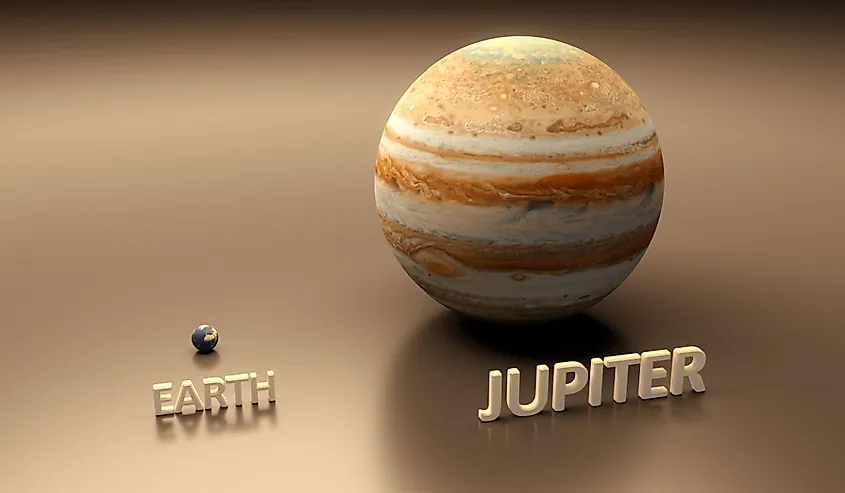
The planet in our solar system that has the most mass and gravity is Jupiter; the largest planet in our solar system. Jupiter is so massive that, even if you were to combine the mass of every other planet, Jupiter’s mass would still be 2.5 times larger. It would take 318 of Earth to equal Jupiter’s mass. The only object in the solar system more massive than Jupiter is the sun. Since Jupiter has the largest mass, it also has the strongest gravitational field. The acceleration due to gravity on Jupiter is 2.5 times greater than it is on Earth. If something weighs 132 pounds on Earth (60 kilograms), it would weigh 308 pounds on Jupiter (140 kilograms). If defining the heaviest planet by mass and gravity, then Jupiter is by far the heaviest planet in our solar system.
Density
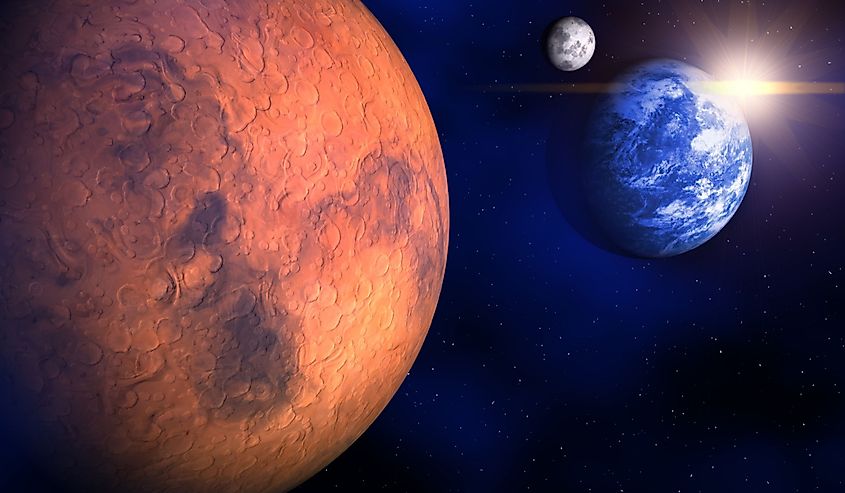
While Jupiter may be the most massive planet in our solar system, it is not the densest planet. That title goes to both Earth and Mercury. All the small, rocky planets of our solar system are significantly denser than the gas giants. This is mainly due to composition. While the gas giants are larger than their rocky counterparts, they are primarily composed of lighter elements, such as hydrogen and helium. Meanwhile, the rocky planets are rich in dense metals and rock, such as silicate and iron. All of the rocky planets contain iron cores, so their densities are higher than the gas giants. In terms of pure density, Earth is the densest planet in the solar system. If measuring density relative to a planet’s size, however, then Mercury is the densest planet in the solar system.
So when measuring the heaviest planet in terms of mass and gravity, Jupiter is the heaviest planet. When measuring the heaviest planet in terms of density relative to size, then Mercury is the heaviest planet. It is interesting to see that, depending on the definition of the heaviest planet, the answer is either the largest planet or the smallest planet.



